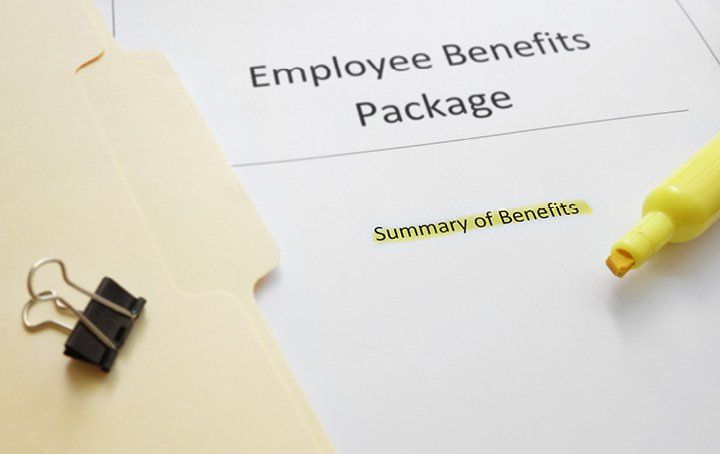FBT 2025: The top FBT risk areas

The Fringe Benefits Tax (FBT) year ends on 31 March 2025. We’ve outlined the hot spots for employers and employees.
The top FBT risk areas
Mismatched claims for entertainment – claimed as a deduction but no FBT
One of the easiest ways for the ATO to pick up on problem areas is where there are mismatches.
When it comes to entertainment, employers are often keen to claim a deduction but this can be a problem if it is not recognised as a fringe benefit provided to employees. Expenses related to entertainment such as a meal in a restaurant are generally not deductible and no GST credits can be claimed unless the expenses are subject to FBT.
Let’s say you taken a client out to lunch and the amount per head is less than $300. If your business uses the ‘actual’ method for FBT purposes, then there should not be any FBT implications. This is because benefits provided to client are not subject to FBT and minor benefits (i.e., value of less than $300) provided to employees on an infrequent and irregular basis are generally exempt from FBT. However, no deductions should be claimed for the entertainment and no GST credits would normally be available either.
If the business uses the 50/50 method, then 50% of the meal entertainment expenses would be subject to FBT (the minor benefits exemption would not apply). As a result, 50% of the expenses would be deductible and the business would be able to claim 50% of the GST credits.
Employee contributions by journal entry in the accounts
Many businesses use after-tax employee contributions to reduce the value of fringe benefits. It is also reasonably common for these contributions to be made by journal entry through the accounting system only (rather than being paid in cash).
While this can be acceptable if managed correctly, the ATO has flagged numerous concerns including whether journal entries made after the end of the FBT year are valid employee contributions.
For an employee contribution made by way of journal entry to be effective in reducing the taxable value of a benefit, all of the following conditions must be met:
• The employee must have an obligation to make a contribution to the employer towards a fringe benefit (i.e., under the employee’s remuneration agreement);
• The employer has an obligation to make a payment to the employee. For example, the parties may agree that the employer will lend an amount to the employee or the employee might be entitled to a bonus that hasn’t been paid yet. If a loan is made by the employer then this could trigger further tax issues that need to be managed;
• The employee and employer agree to set-off the employee’s obligation to the employer against the employer’s obligation to the employee; and
• The journal entries are made no later than the time the financial accounts are prepared for the current year (i.e., for income tax purposes).
Failing to ensure that arrangements involving fringe benefits and employee contributions are clearly documented can lead to problems. For example, the ATO may ask to see evidence of the fact that the employer is actually under an obligation to make contributions towards a fringe benefit. If there is no evidence, then significant FBT liabilities could arise.
Not lodging FBT returns
The ATO is concerned that some employers are not lodging FBT returns when required to. If your business employs staff (even closely held staff such as family members), and is not registered for FBT, it’s essential to ensure that the position is reviewed to check whether the business could potentially have an FBT liability.
If the business provides cars, car spaces, reimburses private (not business) expenses, provides entertainment (food and drink), employee discounts etc., then you are likely to be providing at least some fringe benefits.
There is a list of benefits that are considered exempt from FBT, such as portable electronic devices like laptops, protective clothing, tools of trade etc. If your business only provides these exempt items, or items that are infrequent and valued under $300, then you are unlikely to have to worry about FBT.
Make sure you have reviewed the FBT client questionnaire we sent you!
Need Help with your Business, Bookkeeping, Tax or SMSF requirements?
If you would like a little help, please get in touch with us for assistance. We can help with your business, bookkeeping, tax and SMSF requirements.
Please also note that many of the comments in this publication are general in nature and anyone intending to apply the information to practical circumstances should seek professional advice to independently verify their interpretation and the information’s applicability to their particular circumstances. Should you have any further questions, please get in touch with us for assistance with your SMSF, business, bookkeeping and tax requirements. All rights reserved. Brought to you by RGA Business and Tax Accountants. Liability Limited by a scheme approved under Professional Standards Legislation.















